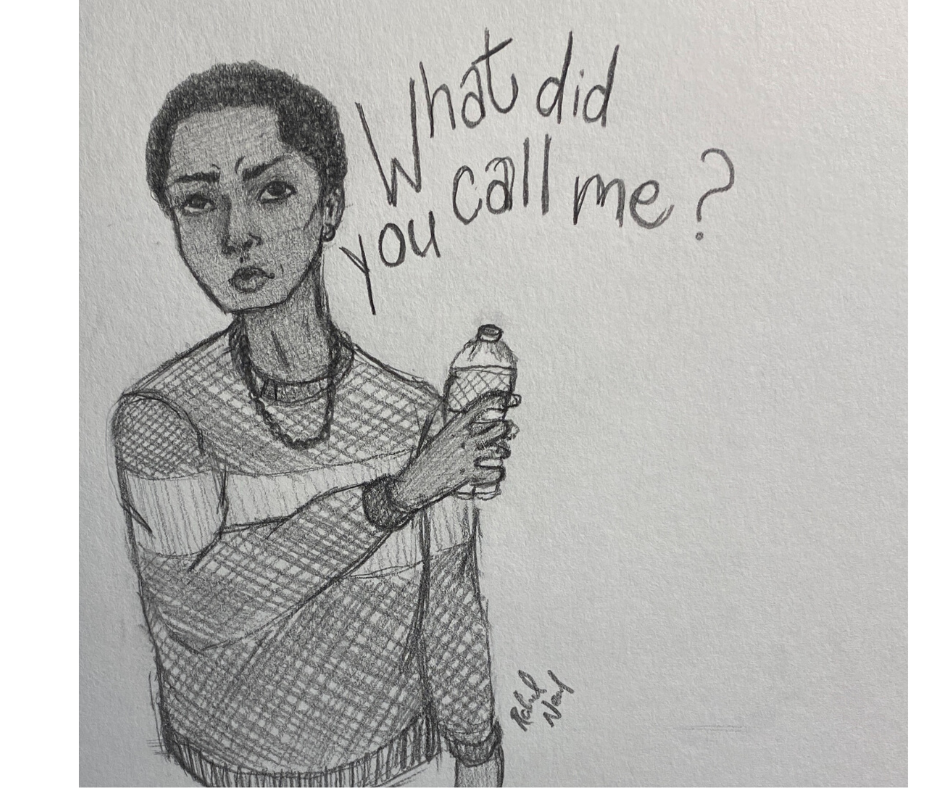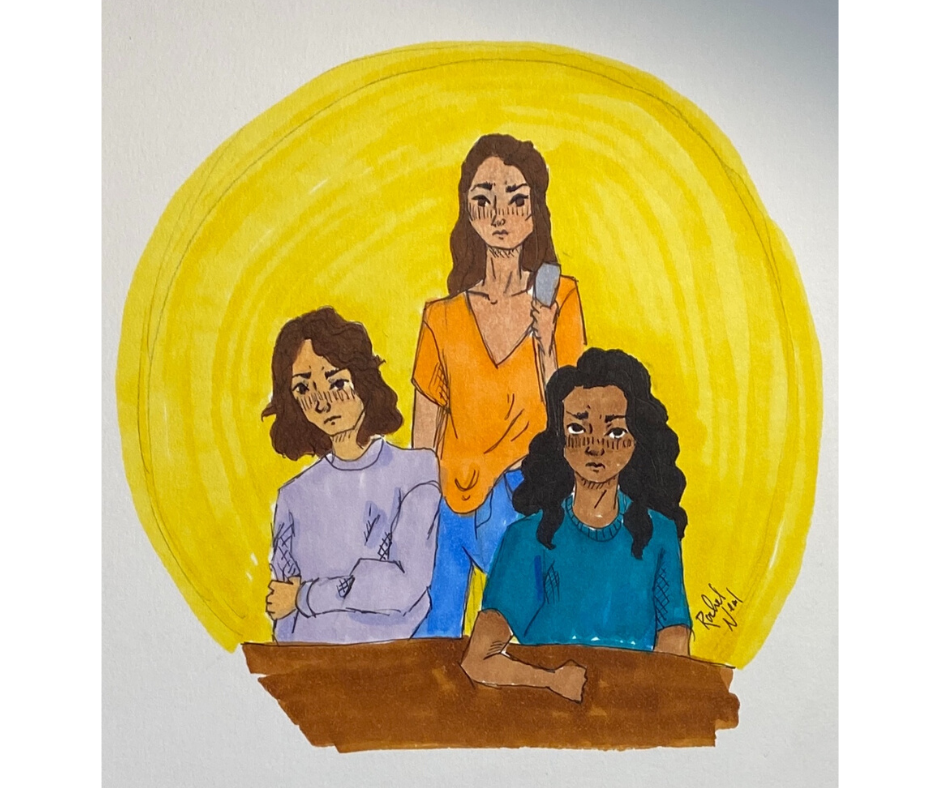In a unanimous vote, Tyler ISD trustees voted last week to change the names of both Robert E. Lee and John Tyler high schools.
New names have not been selected yet, but the trustees did ask Superintendent Marty L. Crawford to refrain from referring to persons for school names in the future.
As recently as last year, the board rejected changing the name of the school now formerly known as Robert E. Lee. In remarks made by board members before the vote, those who had voted to keep the name last year said that, “now is the time.”
Some minorities who have been pushing the name change for years might say the affirmative vote is well past time.
The move could mark the first step toward healing a rift between the white community and those who identify as “BIPOC” – Black, Indigenous, people of color.
For that to fully occur, though, more than a change of names is needed. The school district must work to resolve long-standing problems with racism that are specified – often in painful detail – in a recently created Instagram account – Dear REL.
The site is asking present and former students to document specific instances of racism that they have either suffered or witnessed during their time at the school.
Both those who have responded with stories and those who created the account are anonymous. The creators say they are three former students at the high school and wanted to create a “safe space” for those who have suffered to speak out.
Most who have written in are BIPOC, though several white students have related problems they witnessed or how they have been treated differently, which is to say better, than their Black classmates.
The site on Instagram appears to have begun around July 1, just as the Tyler ISD board was beginning to consider the latest push to change the school’s name.
In most of the cases, the students said reporting the problems to assistant principals or other administrators usually brought no action and few of the instances led to any resolution of the problems.
The stories of racism come from students who graduated in 1983 to students who will not graduate until 2023.
While most of the instances of inappropriate behavior or comments were made by other students, the stories have also documented statements made by teachers.
Words hurt: “That monkey almost touched me.”
–An alum from the Class of 2014 said they almost bumped into a white girl on the sidewalk near the school’s horseshoe and the girl said, “That monkey almost touched me,” to the laughter of her friends. When an assistant principal was told of the remark he said, “What do you want me to do?”
–A bi-racial student from the class of 2023 says he hears racial epithets regularly because most students assume he is white.
“None of the teachers do anything about it. They just won’t understand the meaning…”
–A Black student from the class of 2016 who worked as an office aide was in the office and mentioned to an administrator that she had been cooking dinner at home.
“Wow, my very own Aunt Jemima working in an office with me,” the administrator responded.
–A student from the class of 2020 said that a teacher felt as if it was appropriate to use the N-word because it was written in a book and he did so without warning the Black students in the class.
“He even tried to justify it by saying if it was in the book he should have the right to say it.”
–A student from the class of 2023 said the official statements of the school often don’t match what really happens.
“It’s disgusting to know they put posters up around the school encouraging no bullying when clearly racism is a form of bullying.” The student said they accidentally bumped into a white person who, after she apologized, told her to, “Watch where you are going n—–.”
Who gets punished, and why?
–A student from the class of 2020 said he was wearing headphones when he heard vulgar names being called out. There was a group of white students standing together and shouting the N-word at passing Black students. Most of the Black students either did not hear them shouting or ignored them.

One Black male student did hear the yelling and walked over to the group. When he asked what they said, they laughed and ignored him. The Black male the poured a cup of water on the white student.
The Black student was reported to the principal while the white students did not get in trouble.
–A white student in the class of 2021 said when IDs were first mandated, they wore theirs no more than eight times and never got in trouble. They said they saw Black students get sent to the office every day for that reason.
They also said they were in the school’s courtyard when an assistant principal questioned a number of Black students why they weren’t in class. They all had valid reasons. The white student was never asked.
“I was skipping class. They were not. Do you see the problem here?”
–A Black student from 2015 got in a fight with three white girls who ran away while she was left with a bloody hand and scars on her face.
She was sent to a white male assistant principal who suspended her while the other girls got no punishment. An initial complaint to the principal also got no attention. The parents came back to a Black principal, who said that should not have happened and the other girls were suspended.
–A Black student from the class of 2017 said he was treated differently because of his size.
“Being a big and tall African-American male, one thing I’ve always experienced is being seen as dangerous by non-POC, so it was no surprise that during my sophomore year, one of the white assistant principals stopped me in the hallway because apparently the pick I was using on my afro is a ‘weapon.’ I had never seen them stop any other students with brushes or combs, but my pick was classified as a dangerous weapon.”
‘We’re in America’
There are other people of color at Robert E. Lee who have also suffered through racist incidents. Here are a few of their stories.
–A girl from the 2020 senior class who was on the cross-country team said that one morning a coach turned on Spanish music for the team to warm up by. Another coach told them to turn it off because, “we are in America.”
–A student from the class of 2021 said she was treated differently for speaking Spanish.
“Just because I speak Spanish does not make me Mexican. Many others have said offensive or stereotypical slurs. America is a land of immigrants. We are all humans and should be treated equally.”
–A member of the class of 2020 reports hearing a white student in her sophomore biology class say that “Asians/Chinese” girls were not attractive and that he had never seen a “hot” one. There were Asian girls in the class.

–A member of the class of 2021 said that her physics class included three Latina students who usually sat together. One day, when they had finished their work, they were talking and the teacher said, “Excuse me to the three Mexicans in the back of the room.”
–Several of the incidents upset white students at the school. A girl from the class of 2020 said that a number of students were sending virtual Valentine’s cards and that she received one with an image of Adolf Hitler.
“I, for one, knew it wasn’t funny and also one of my really close friends at the time was Jewish. I was livid and it baffled me how, when I told the sender it wasn’t funny, they just laughed at me and got to carry on with their day. Insensitive jokes like that are so normalized as if the Holocaust wasn’t a bad thing. It made me so sick to my stomach.”
There is much more on the site, including links to other stories and information. While there is no promise of more stories being told on a daily basis, they have been posted daily since July 2.
Phil Latham has been an East Texas journalist for more than 45 years as a reporter, editor, publisher and editorial page editor. He writes a weekly column available at https://platham56.wixsite.com/website. He has also written two novels. Readers can contact Phil at [email protected]. He lives in Smith County with his wife and three pups.
Rachel Neal is local artist and a 2020 graduate of formerly-named Robert E. Lee High School. She will attend the School at the Art Institute of Chicago in the fall. You can see more of Rachel’s artwork at https://www.instagram.com/schnezlet/.
Love what you're seeing in our posts? Help power our local, nonprofit journalism platform — from in-depth reads, to freelance training, to COVID Stories videos, to intimate portraits of East Texans through storytelling.
Our readers have told us they want to better understand this place we all call home, from Tyler's north-south divide to our city's changing demographics. What systemic issues need attention? What are are greatest concerns and hopes? What matters most to Tylerites and East Texans?
Help us create more informed, more connected, more engaged Tyler. Help us continue providing no paywall, free access posts. Become a member today. Your $15/month contribution drives our work.







